Vincent Sritapan
HCFContext: Smartphone Context Inference via Sequential History-based Collaborative Filtering
Apr 29, 2019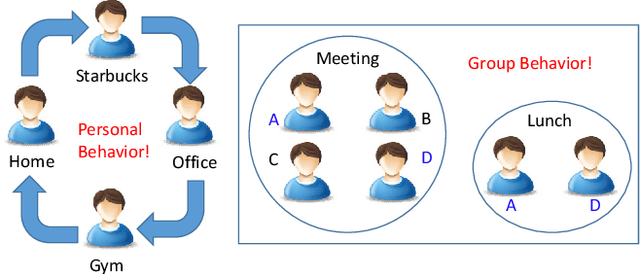
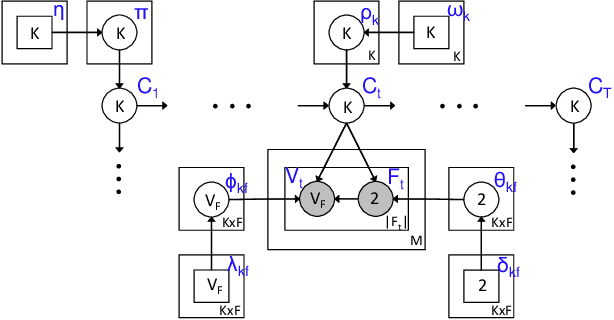
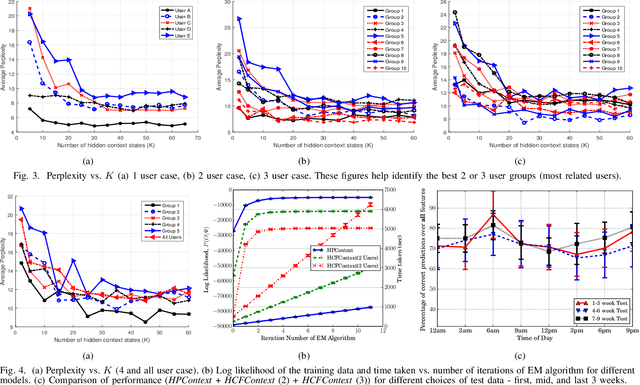
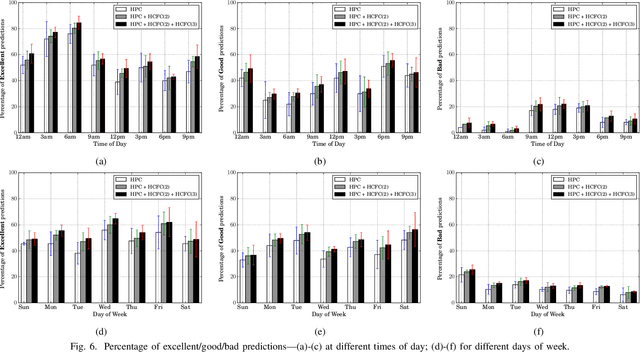
Abstract:Mobile context determination is an important step for many context aware services such as location-based services, enterprise policy enforcement, building or room occupancy detection for power or HVAC operation, etc. Especially in enterprise scenarios where policies (e.g., attending a confidential meeting only when the user is in "Location X") are defined based on mobile context, it is paramount to verify the accuracy of the mobile context. To this end, two stochastic models based on the theory of Hidden Markov Models (HMMs) to obtain mobile context are proposed-personalized model (HPContext) and collaborative filtering model (HCFContext). The former predicts the current context using sequential history of the user's past context observations, the latter enhances HPContext with collaborative filtering features, which enables it to predict the current context of the primary user based on the context observations of users related to the primary user, e.g., same team colleagues in company, gym friends, family members, etc. Each of the proposed models can also be used to enhance or complement the context obtained from sensors. Furthermore, since privacy is a concern in collaborative filtering, a privacy-preserving method is proposed to derive HCFContext model parameters based on the concepts of homomorphic encryption. Finally, these models are thoroughly validated on a real-life dataset.
* Mobile context, collaborative filtering, privacy-preserving, personalized model, sensors, location, prediction, hidden markov models, google now, apple siri, cortana, alexa
CollabLoc: Privacy-Preserving Multi-Modal Localization via Collaborative Information Fusion
Sep 29, 2017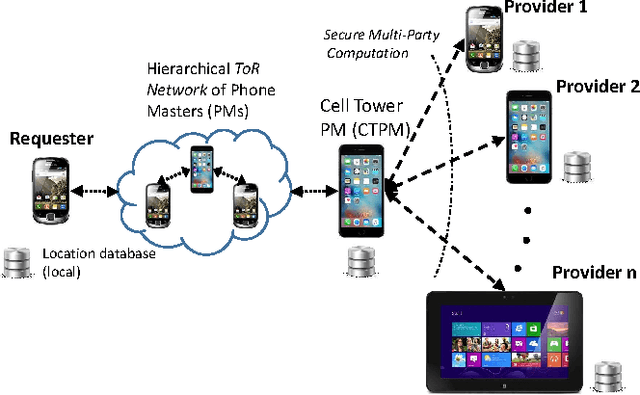
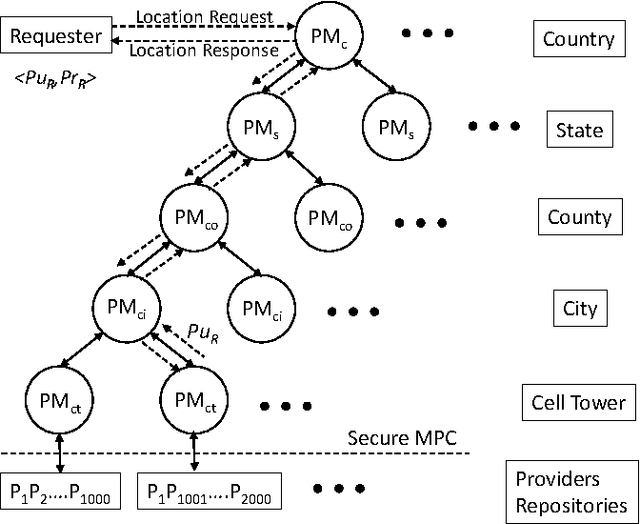
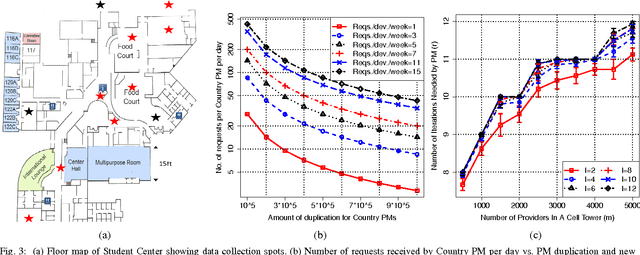
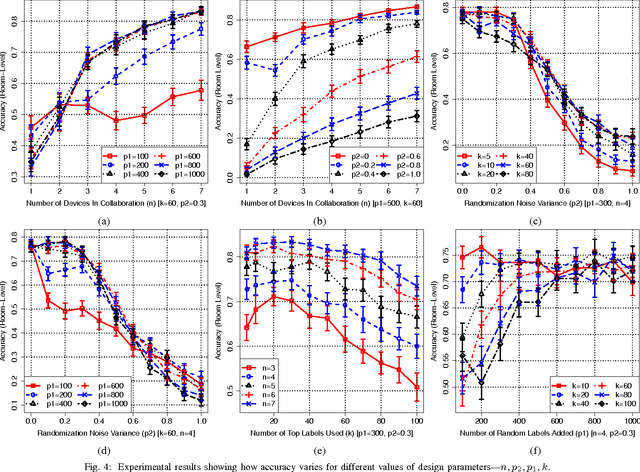
Abstract:Mobile phones provide an excellent opportunity for building context-aware applications. In particular, location-based services are important context-aware services that are more and more used for enforcing security policies, for supporting indoor room navigation, and for providing personalized assistance. However, a major problem still remains unaddressed---the lack of solutions that work across buildings while not using additional infrastructure and also accounting for privacy and reliability needs. In this paper, a privacy-preserving, multi-modal, cross-building, collaborative localization platform is proposed based on Wi-Fi RSSI (existing infrastructure), Cellular RSSI, sound and light levels, that enables room-level localization as main application (though sub room level granularity is possible). The privacy is inherently built into the solution based on onion routing, and perturbation/randomization techniques, and exploits the idea of weighted collaboration to increase the reliability as well as to limit the effect of noisy devices (due to sensor noise/privacy). The proposed solution has been analyzed in terms of privacy, accuracy, optimum parameters, and other overheads on location data collected at multiple indoor and outdoor locations using an Android app.
 Add to Chrome
Add to Chrome Add to Firefox
Add to Firefox Add to Edge
Add to Edge